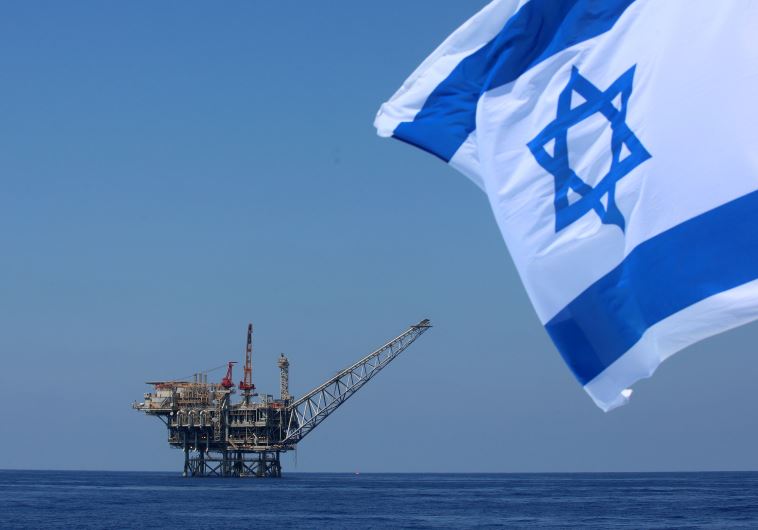Analysis: Opposition to gas deal in Jordan highlights tensions over peace with Israel
While the Jordanian government has portrayed the deal as good for Jordan economically, it has struck a nerve among the public.
 Israel Navy missile ship patrols near gas field(photo credit: MARC ISRAEL SELLEM/THE JERUSALEM POST)Updated:
Israel Navy missile ship patrols near gas field(photo credit: MARC ISRAEL SELLEM/THE JERUSALEM POST)Updated: